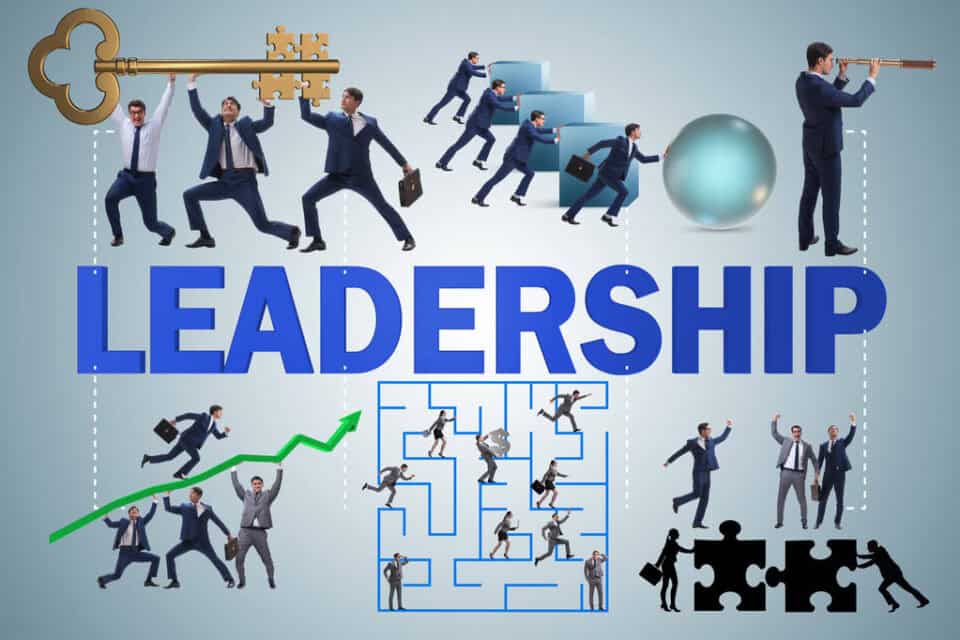
What sets legendary leaders apart? This article explores valuable insights and leadership lessons from successful CEOs like Steve Jobs and others, revealing how traits like strategic thinking, continuous learning, and a culture of collaboration drive organizational success. Discover how modern leadership adapts through crises like the COVID-19 pandemic and delivers innovative solutions in today's fast-paced world.








